Nearly every American business and consumer uses fuel, but forecasting its cost is a fool’s errand. In 2008, when the price skyrocketed, bullish investors predicted oil would keep rising above $200 a barrel. Last week it fell below $50 for the first time in more than five years and analysts argue over where the bottom is.
Many will make predictions about future oil prices, and most of them will be wrong. What’s more clear are the potential impacts the price will have on you, our state and our country. Lower gas prices are good for the majority of American consumers. The less it costs to fill up the tank, the more money we have in our pockets to spend on other goods and services. Cheaper crude can also correlate with a strengthening dollar, which often means a strengthening economy.
But not everyone will benefit. Eastern Montana boomtowns, which have reaped the rewards of the Bakken oil fields, are bracing for some belt-tightening as rigs are shuttered and companies cut payrolls. In North Dakota, the state is revising its budget forecast to factor in declining revenue.
To the north, in Alberta, the government is scrambling to balance its books. Layoffs loom as energy firms’ stocks dive. As the dollar continues to rise, it will be more expensive for Canadians to visit the U.S., which could impact tourism in the Flathead Valley. Then again, the drop in gas prices could attract more Americans to take road trips to Glacier National Park.
Analysts have compared the recent collapse in oil prices to that of the late 1990s, when it sank to about $10 a barrel. Like then, America’s overall economy is accelerating as many other countries, especially those reliant on oil exports, struggle. But even big, diversified economies, such as Germany’s, are barely growing.
That last dip didn’t end well. In 2000, the tech-stock bubble burst and the U.S. entered a mild recession. Now, 15 years later, the world is a far different place. This time, the tech sector is considered less bloated and domestically we produce a lot more oil.
Perhaps the falling prices are, as some economists argue, simply a “supply driven correction” resulting from a glut of production. Perhaps, in a few months, oil prices will tick up again. Predictions are useless, but determining the winners and losers of cheap fuel is more straightforward.
– Kellyn Brown
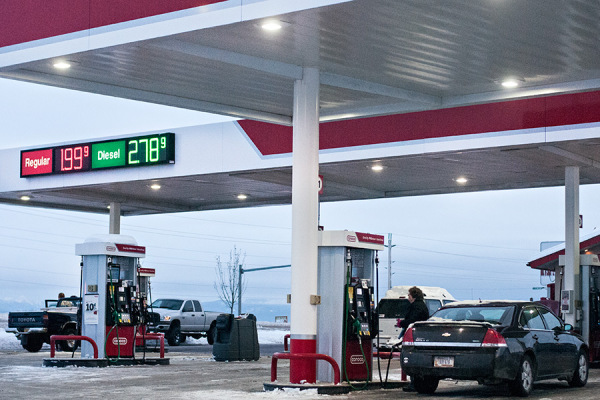
Savings at the Pump Fuels Local Economies
As the oil industry prepares for job losses and decreased production, consumerism thrives
By Tristan Scott
Caving oil prices are bringing added savings to Montana consumers, and while the foundering market will have adverse effects on the state’s oil and gas industry, it will buoy some of Montana’s biggest economic drivers, including tourism. READ MORE »»»
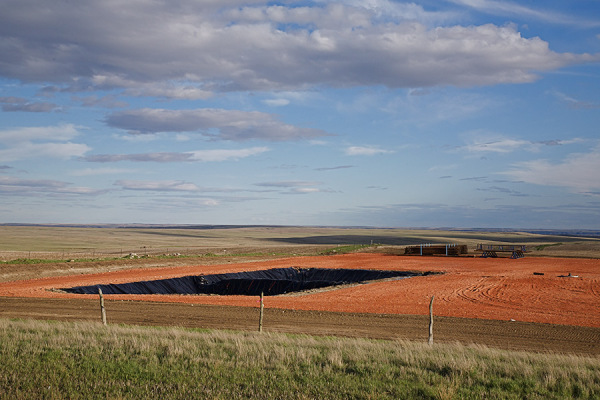
Low Crude Prices Bad for the Bakken
Sustained drop in oil prices could mean job losses that hurt Montana’s economy
By Tristan Scott
Falling oil prices and lower international demand have cast a shadow over the Bakken oil fields of North Dakota and eastern Montana. As crude prices continue to plank down across the state, economists are reporting a positive effect on consumers and businesses but say that a sustained drop in crude production will hurt the state’s oil and gas industry. READ MORE »»»

Oil and the Montana Budget
As Bakken continues to yield, oil prices gaining importance for state’s revenue projections
By Molly Priddy
Development of the Bakken shale formation continues to be the driving force of the oil industry in Montana, accounting for high-paying jobs and a drop in unemployment. READ MORE »»»
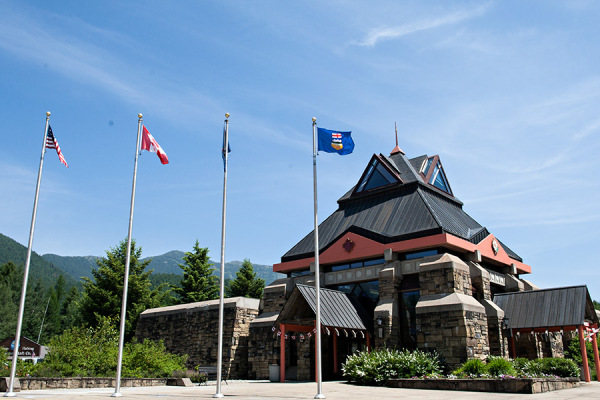
Plunging Oil Puts Alberta on Edge
Montana’s northern neighbor prepares for big cuts that could impact the Flathead Valley
By Justin Franz
Scan the parking lot at Whitefish Mountain Resort on any given weekend in January and you’ll see red and white license plates with “Alberta – Wild Rose Country” just about everywhere. READ MORE »»»
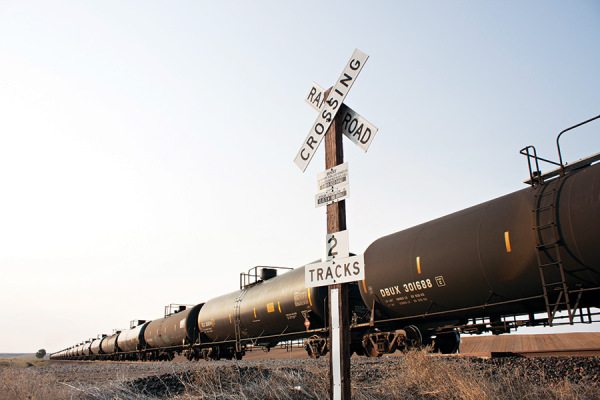
Amid Dropping Oil Prices, Rail Industry Stays on Track
Rail analysts say cheaper fuel will help rail companies, even those moving crude oil
By Justin Franz
Crude oil has become big business for railroads in North America in recent years. America’s largest railroads went from moving just 9,500 carloads of oil in 2008 to well over 400,000 carloads in 2013. And while that statistic might suggest railroads are concerned about dropping oil prices, rail analysts say it’s actually good for the industry. READ MORE »»»
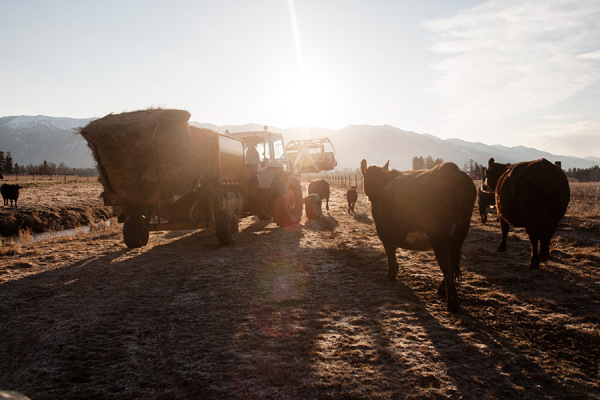
Plagued by Sagging Crop Prices, Farmers Hope to Gain from Low Fuel Costs
Volatile oil prices play a key role for Montana’s largest industry
By Dillon Tabish
Farmers across Montana could reap the benefits of plummeting oil prices, marking a significant boon for the state’s largest industry, although continued volatility in the market could eventually have less-beneficial implications, according to agriculture analysts. READ MORE »»»
